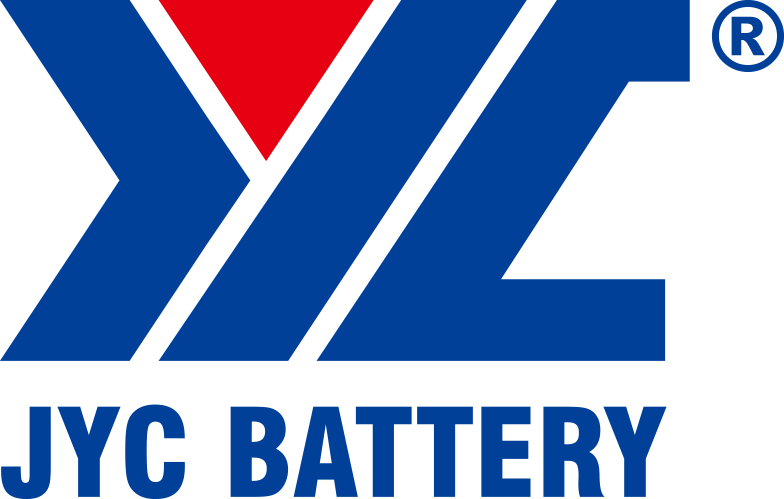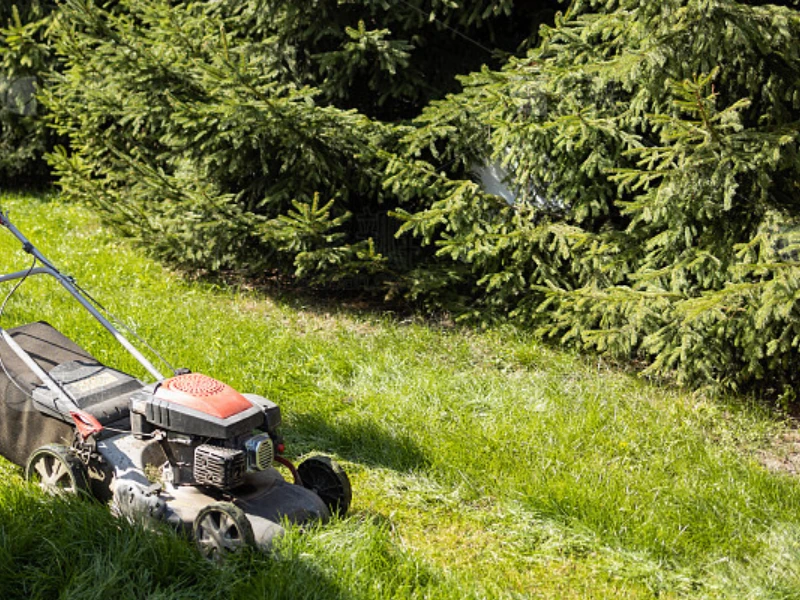Lawn mowers have come a long way from being solely reliant on gasoline engines. Modern advancements have introduced electric and battery-powered alternatives, offering a quieter, more eco-friendly solution. These electric lawn mowers rely on batteries for power, but not all batteries are created equal.
Let’s explore the different kinds used in these mowers:
-
Lead-Acid Batteries:
Traditionally, many gas-powered lawn mowers used lead-acid batteries. They are reliable, cost-effective, and have been around for decades. However, they are relatively heavy, require maintenance, and are not as efficient as newer options. -
Lithium-Ion Batteries:
In recent years, lithium-ion batteries have revolutionized the lawn mower industry. These batteries offer high energy density, longer lifespans, and quicker charging times compared to lead-acid batteries. They are also lighter, making them ideal for electric lawn mowers where weight is a crucial factor. -
Nickel-Cadmium (Ni-Cd) and Nickel-Metal Hydride (Ni-MH) Batteries:
While less common in modern electric lawn mowers, Ni-Cd and Ni-MH batteries were used in some older models. They have decent energy density but are gradually being phased out due to their lower capacity compared to lithium-ion batteries.
Choosing the Right Battery for Your Lawn Mower:
When deciding on a battery for your lawn mower, consider the following factors:
-
Battery Life:
Lithium-ion batteries generally have longer lifespans than lead-acid batteries.
Look for mowers with high-quality batteries that offer good cycle life and retain charge over time. -
Charging Time:
Lithium-ion batteries usually charge faster than lead-acid batteries.
Consider how quickly you need your mower ready for use and choose accordingly. -
Weight and Size:
Lithium-ion batteries are lighter and more compact, making them easier to handle and reducing the overall weight of the mower. -
Maintenance:
Lead-acid batteries may require periodic maintenance like checking electrolyte levels and ensuring proper ventilation. -
Environmental Impact:
Lithium-ion batteries are generally more environmentally friendly due to their longer lifespan and recyclability compared to lead-acid batteries.
Maintenance Tips for Lawn Mower Batteries:
Regardless of the type of battery your mower uses, here are some general maintenance tips to ensure optimal performance:
Regular Charging: Charge the battery after each use and avoid leaving it discharged for extended periods.
Storage: Store the battery in a cool, dry place away from extreme temperatures.
Cleaning: Keep the battery terminals clean and free from corrosion.
Follow Manufacturer’s Guidelines: Adhere to the manufacturer’s instructions for charging and maintenance to maximize battery life.
In Conclusion:
The type of battery used in your lawn mower can significantly impact its performance, lifespan, and maintenance requirements. Lithium-ion batteries are becoming increasingly popular due to their superior qualities, but considerations like budget, usage frequency, and personal preferences should guide your choice.
Always consult your mower’s manual and manufacturer recommendations when it comes to battery care and replacement to ensure your lawn mower remains in top condition for years to come.


